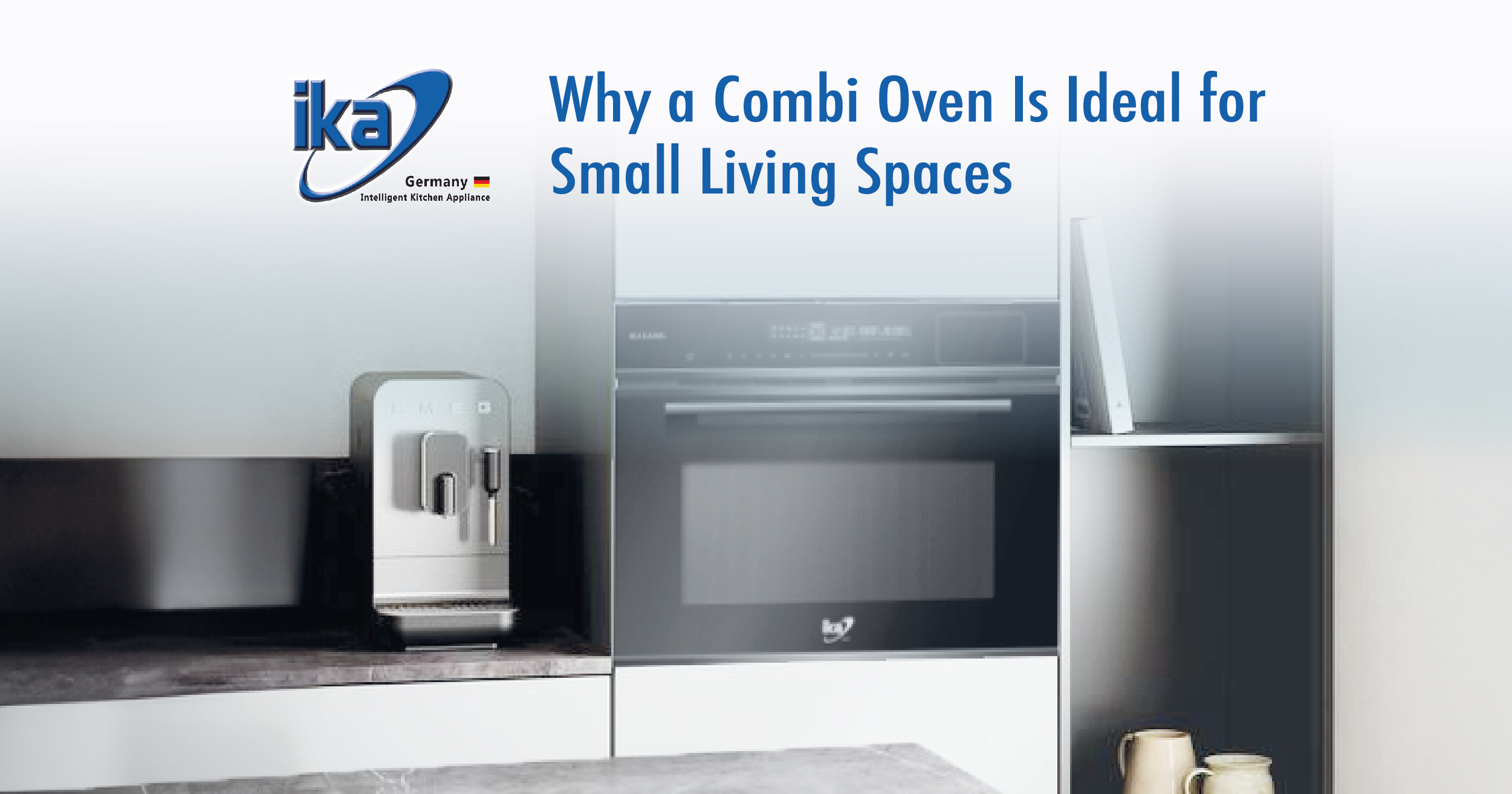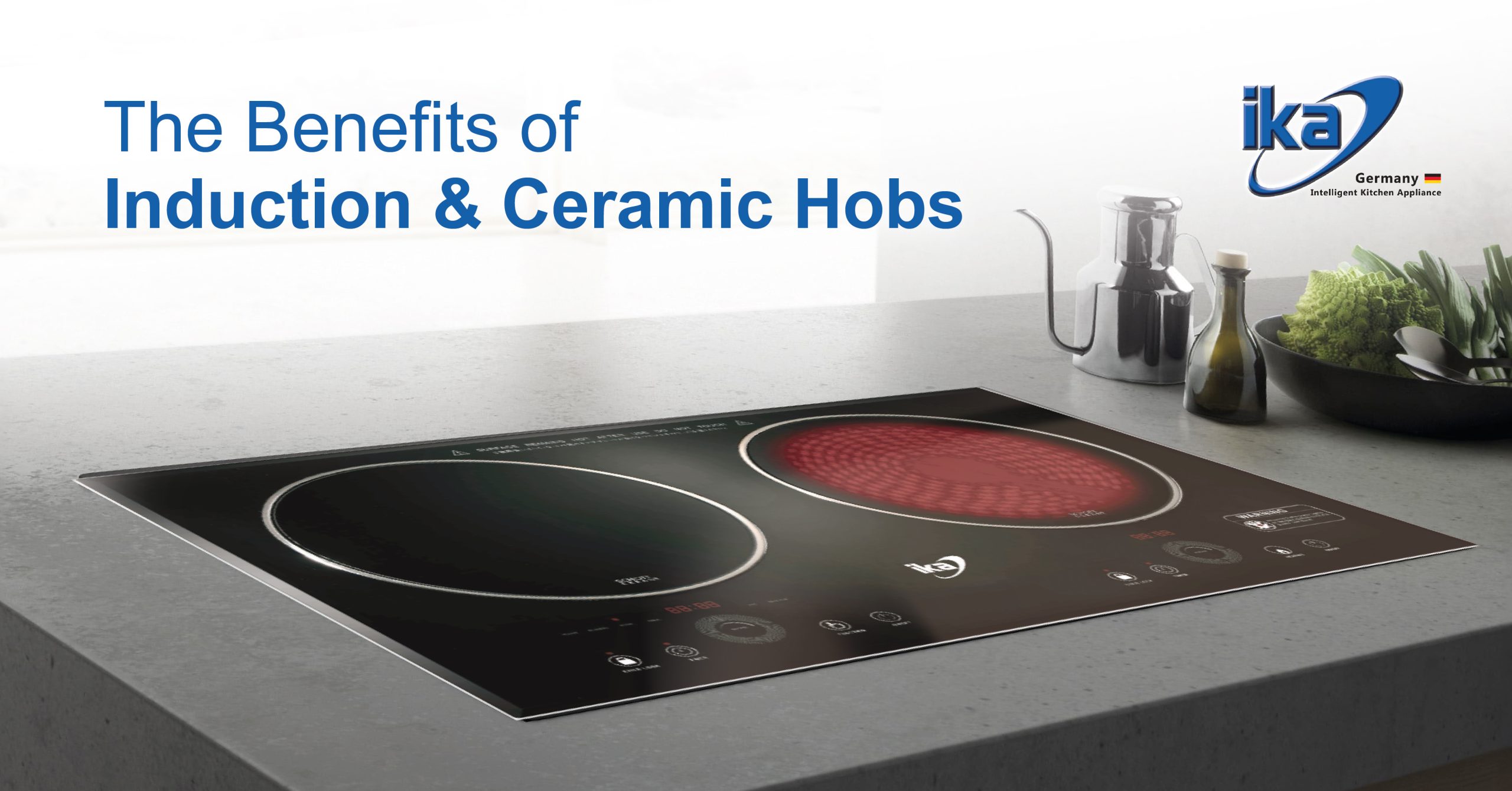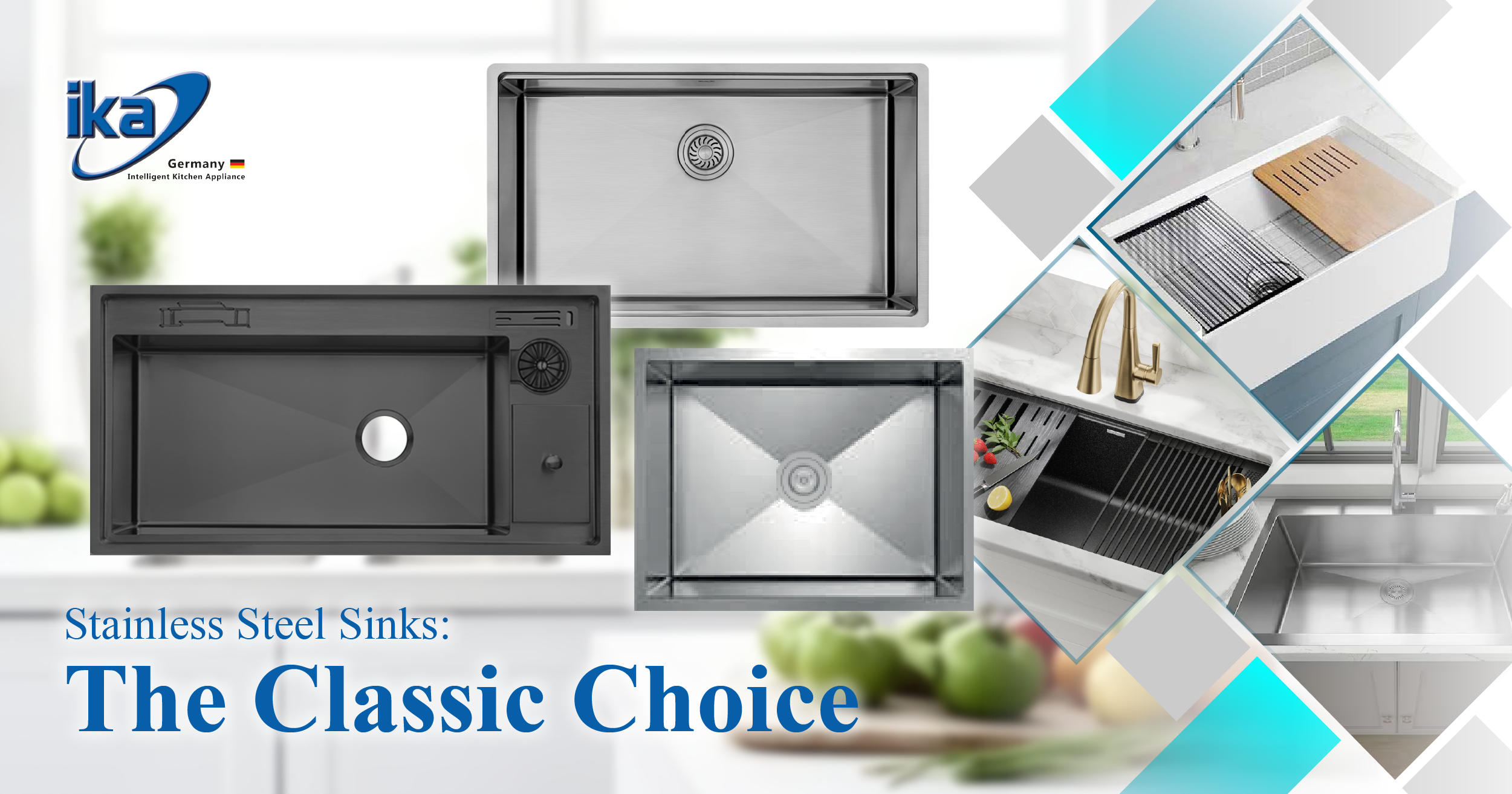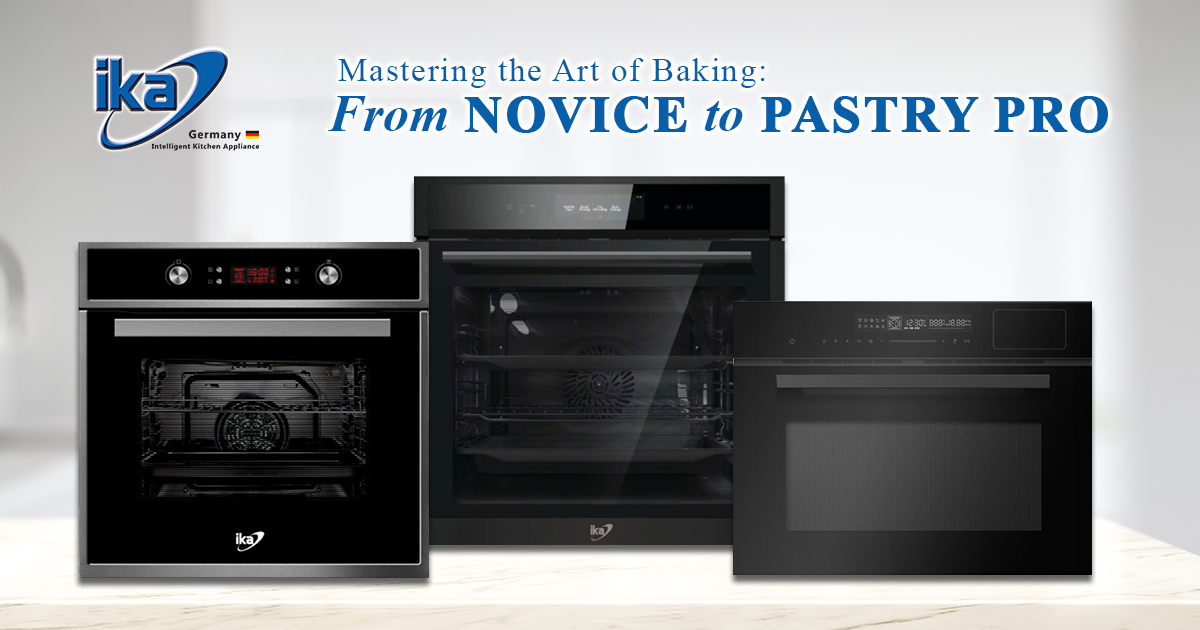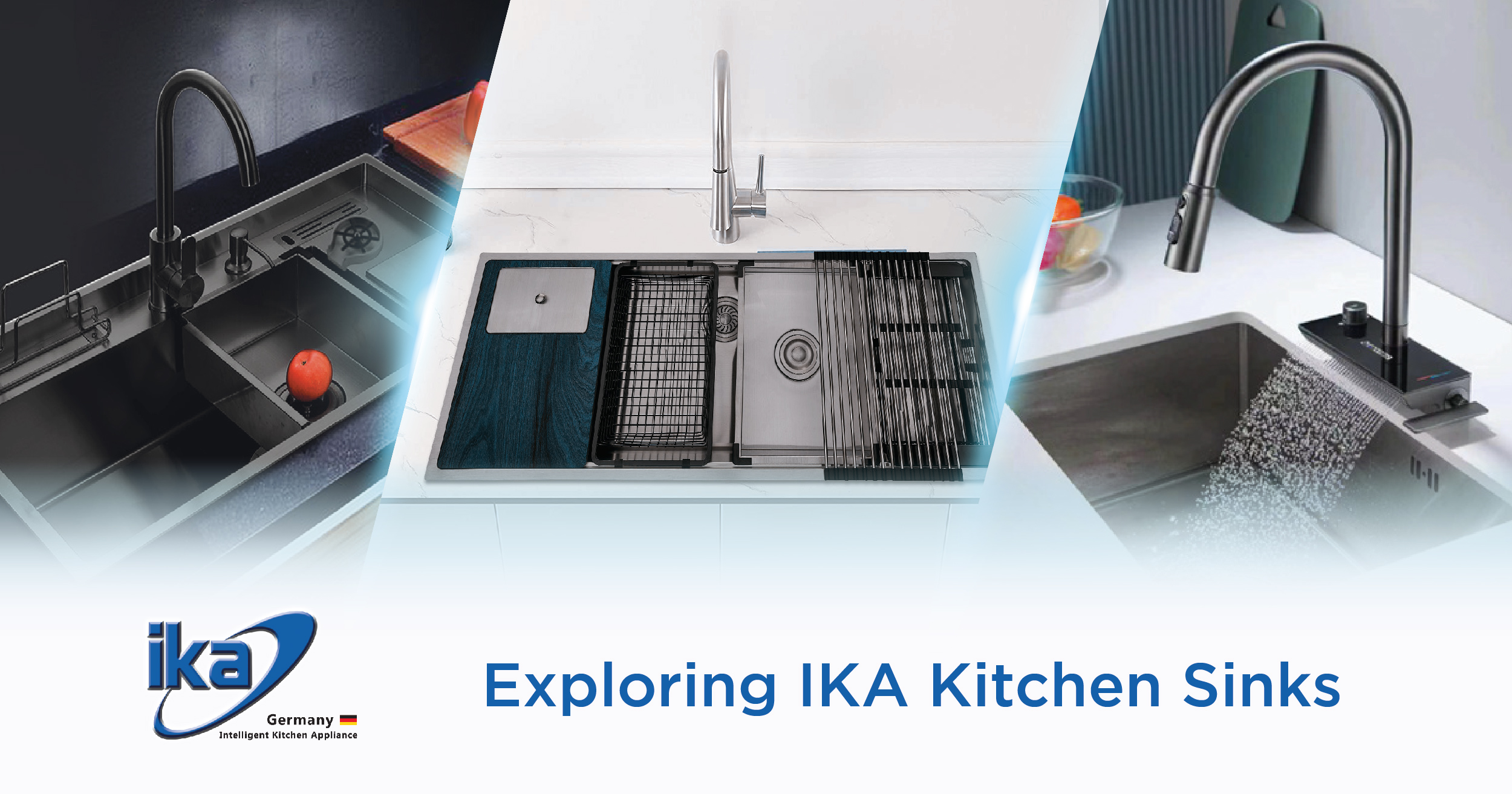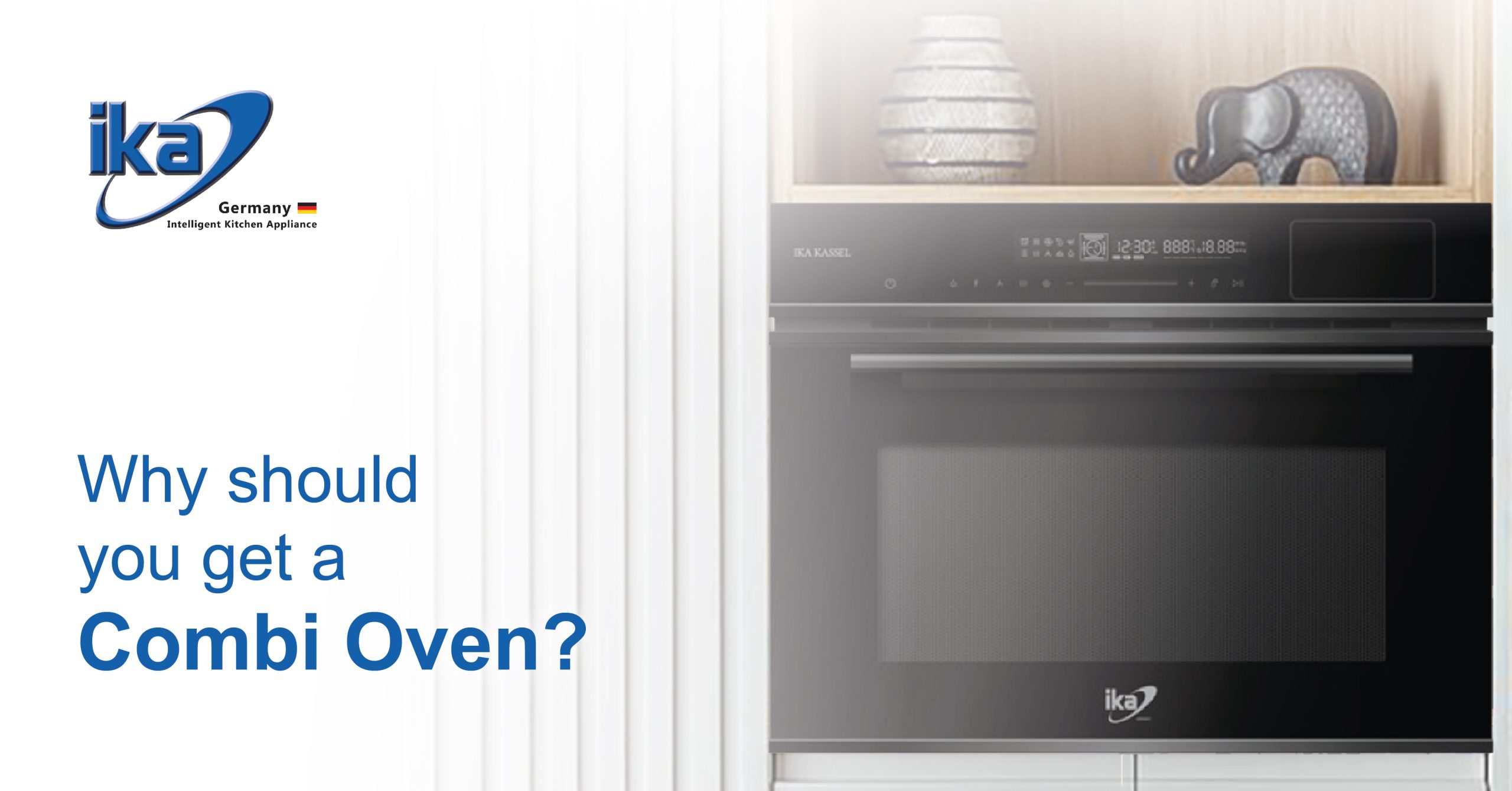Why a Combi Oven Is Ideal for Small Living Spaces
The Perfect Fit: Why a Combi Oven Is Ideal for Small Living Spaces
Are you living in a cozy apartment, a tiny house, or a compact urban dwelling? Space can be a premium, and every square inch matters. When it comes to your kitchen, you need appliances that maximize utility without compromising on quality. Enter the combi oven, a culinary marvel that’s perfect for small living spaces. In this blog post, we’ll explore why a combi oven is the ideal choice for your compact kitchen.
1. Compact Design, Big Functionality
Combi ovens are renowned for their space-saving design. They combine the functions of a traditional oven, convection oven, steamer, and more, all in one sleek appliance. This means you can enjoy the benefits of multiple cooking methods without cluttering your kitchen with several devices. Its compact footprint ensures that it fits seamlessly into even the tiniest kitchens.
2. Versatile Cooking Options
Despite its small size, a combi oven offers a wide range of cooking options. Whether you’re baking, grilling, roasting, steaming, or air frying, this versatile appliance has got you covered. It’s perfect for preparing a variety of dishes, from crispy roasted chicken to delicate steamed vegetables, making it a versatile addition to your culinary toolkit.
3. Efficient Use of Space
Small kitchens often struggle with limited counter and storage space. Combi ovens can help you make the most of what you have. With its multi-functionality, you can reduce the need for multiple appliances, freeing up valuable counter space. Plus, the oven’s compact size means it won’t dominate your kitchen layout.
4. Energy Efficiency
In small living spaces, energy efficiency is crucial. Combi ovens are known for their energy-efficient cooking methods. They use precise temperature and humidity control to cook food quickly and evenly, reducing overall energy consumption. This not only saves you money on utility bills but also aligns with eco-friendly living.
5. Easy Maintenance
Cleaning up after cooking can be a hassle in small kitchens. Combi ovens often come with features like self-cleaning functions and removable parts that are easy to clean. Say goodbye to scrubbing and hello to more free time.
6. Modern Design Aesthetics
Combi ovens are not only functional but also stylish. Their modern, streamlined design can complement any kitchen decor, adding a touch of elegance to your small living space.
7. Precise Cooking Results
Size doesn’t mean you have to compromise on cooking precision. Combi ovens offer precise temperature and humidity control, ensuring consistent and delicious results every time you cook, bake, or roast.
8. Time-Saving Convenience
In today’s fast-paced world, convenience is key. Combi ovens help you save time in the kitchen. With features like pre-programmed cooking modes and intuitive controls, you can prepare meals efficiently, even in a small space.
Conclusion
In a small living space, every inch and every appliance counts. The combi oven’s compact design, versatility, energy efficiency, and easy maintenance make it the perfect choice for your small kitchen. It offers the functionality of multiple appliances in one, allowing you to enjoy gourmet cooking without sacrificing precious space. Upgrade your kitchen and elevate your culinary experience with a combi oven tailored to small living spaces. It’s a game-changer you won’t want to live without.

